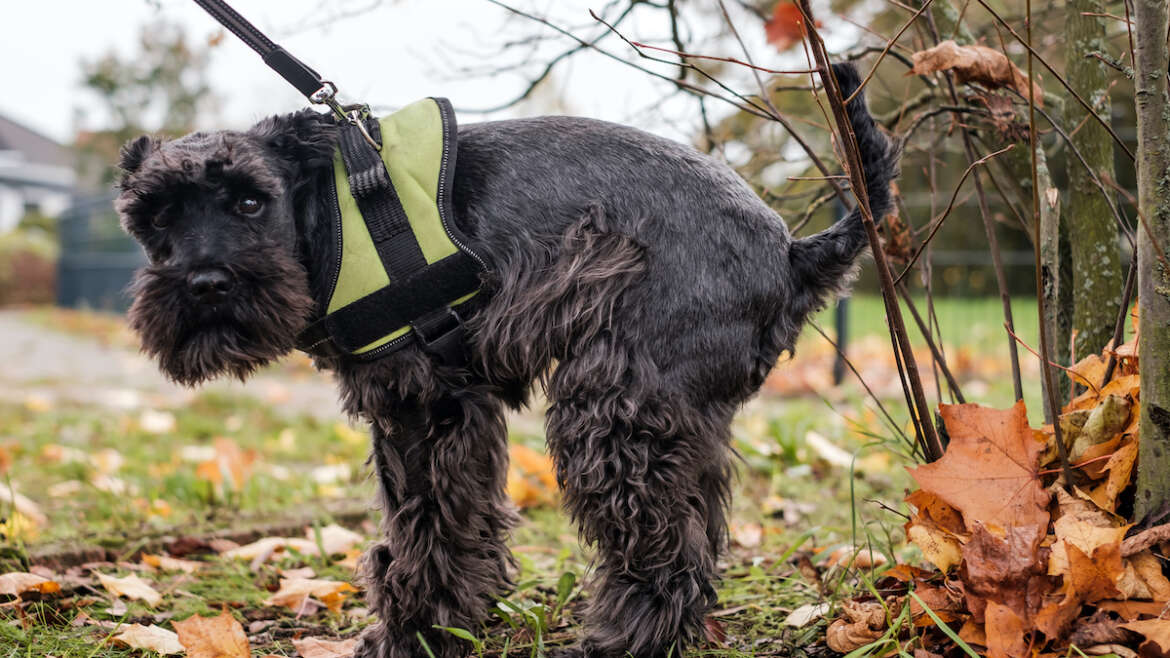So what’s the scoop on your pet’s poop? Fecal tests can tell us a lot about the health of your pet’s health including what your pets have been eating, if they are getting the right nutrients, or if they are stressed out. Because your pet cannot tell you something is internally wrong, they rely on you to pay attention to their bodily movements to look for symptoms of an underlying issue.
Veterinarians also examine your pet’s excrement to make sure they are healthy. Most commonly, your vet will perform fecal tests to screen for intestinal parasites or “worms.” These tests are able to identify many different types of microorganisms, including the most common parasites: Coccidia, Giardia, Whipworm, Hookworm, Roundworm and Tapeworm.
According to Kansas State University, 34% of dogs in the United States have some kind of intestinal parasite. Some common parasites are known to be zoonotic, or have the ability to transfer from animals to humans. The Centers for Disease Control (CDC) reports that 14% of people in the United States have been infected with Roundworm Toxocara, the common “Roundworm” parasite often found in pets. Approximately 700 people lose vision every year as a result of roundworm infections.
Fecals are an important part of your pet’s annual exam, because unlike external parasites like fleas and ticks, most intestinal parasites cannot be seen. The only way to detect the presence of intestinal parasites and identify them is through a fecal examination. We use a microscope to examine for worm eggs, larvae and protozoan cysts.
Tips on preparing for a fecal exam
- On the day of your pet’s appointment, save a small sample of your pet’s feces to bring to your veterinarian. The fresher the sample, the better! Eggs and larvae from some types of parasites, as well as protozoa and protozoan cysts, can become altered and unrecognizable the longer they sit out.
- If your appointment is in the afternoon, and your pet only poops in the morning, that is ok. Keep your sample fresh by storing it in the fridge. Be sure to properly store your sample so it does not contaminate the food and beverages in your fridge. We recommend double-bagging the sample in a ziplock bag.
- We do not need a whole pile of feces to administer the test. Limit your sample size to around the size of two sugar cubes.
- Don’t forget to label your fecal sample with your name, your pet’s name, and a good phone number to reach you at.
During the month of November, save 10% on fecal tests at your preferred Animal Health Center location. Keep your pet and your household safe by identifying and treating any parasite your pet may have picked up from another pet or its outside environment.



